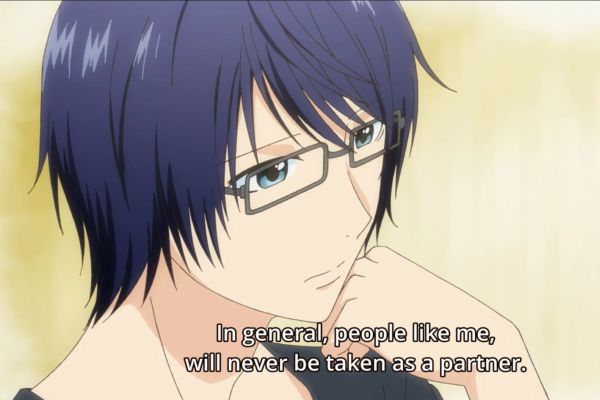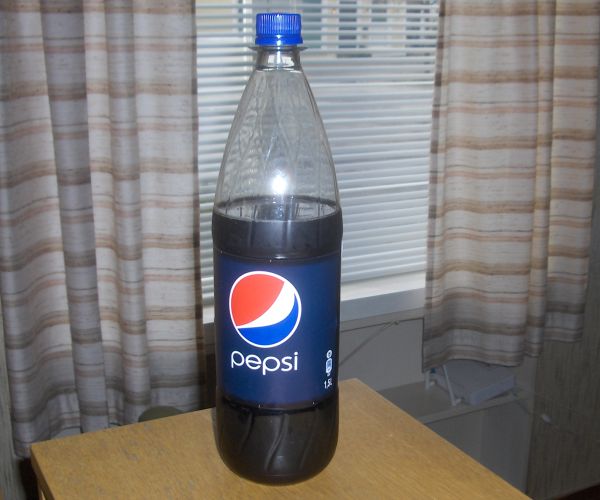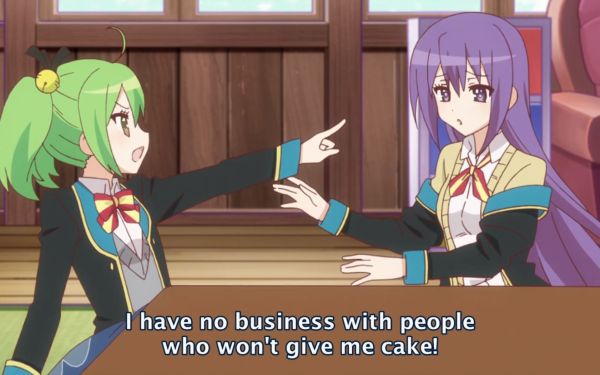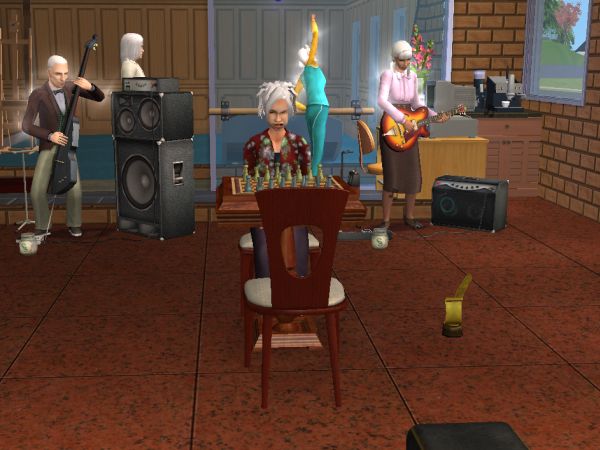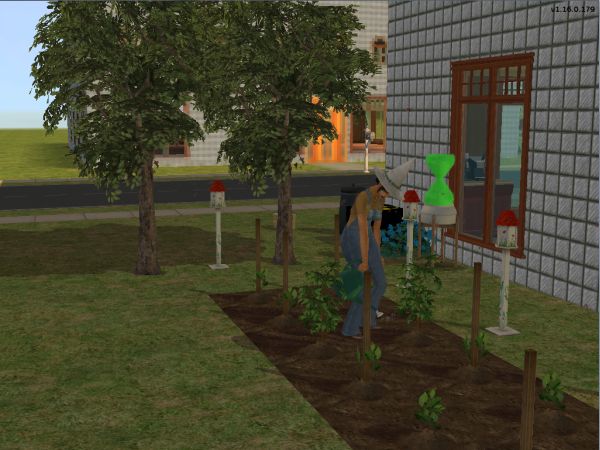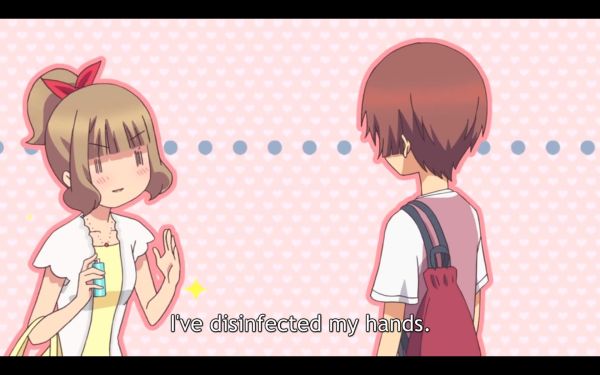
“I’ve disinfected my hands.” Unfortunately, disinfecting your hands may not be enough, or even the most important thing this time.
The COVID-19 pandemic has entered its second wave here in Europe. In much of the Americas and some other parts of the world, the first wave is not even over. Ironically, a vaccine seems to be only a few months away. If only we could keep it away a brief time longer!
At least we know more about how it is transmitted now. Or at least some of us know. So I thought I should say a few words about that. (A few words, hah.)
When the pandemic was new, we were in the strange situation of having its entire genome but not knowing for sure how it spread. This has never happened before, and it may have caused some of the jumping to conclusions that made the first wave so bad. See, the genome showed that the virus was fairly closely related to the original SARS virus from 2002. In fact, the new virus was named SARS-CoV-2 and still is. So it seemed a reasonable assumption that it spread similarly. Not quite the same way obviously, but perhaps that way too.
The original SARS was infamous for spreading by indirect contact. Its first “shock and awe” episode was when several people died after touching the same elevator button as a patient. As a result, some of the first advice was to wash your hands thoroughly and for a long time with soap, disinfect door handles and other shared surfaces, and not touch your face. (Leaving alone the stupidity of telling people to not touch their face, which even the health advisors continued to do at the press conferences where they told people not to do it, it is actually only the eyes, nostrils and mouth that needs avoiding even with surface contamination. Unbroken skin is very resistant to virus infection, even when it is thin.) People were also encouraged to wash perishable food (but not with chemicals!) and disinfect packaging, and let non-perishables stand untouched for three days to let the virus die.
Today we know that while this “hygiene theater” is mostly harmless, it is also mostly useless when it comes to COVID-19. The virus is mostly airborne, and resides in droplets that come out of people’s mouth and occasionally nose. Larger droplets fall to the ground after a distance of around 6 feet or close to 2 meters. But it has gradually become necessary to admit that a main pathway – perhaps THE main pathway – of transmission is aerosols, or micro-droplets if you will use a more understandable name. These are so small and lightweight, they can float in he air for hours. And they are expelled even when breathing, particularly through the mouth, even more so when breathing heavily or talking, very much when talking loudly, and excessively when singing.
The great “shock and awe” episode of COVID-19, at least in the western world, was when a large part of a choir died after singing together, despite keeping the recommended distance and not facing each other. Similar but lesser episodes have happened elsewhere, among other places in Sweden where a local outbreak started after a song gathering. Here in Norway, a severe outbreak started in a Muslim community and spread to many schools after a festival.
Unlike some virus, the severity of this one seems to depend somewhat on how much virus you inhale, if you have a functioning immune system at all. Inhaling just a few virus seems to not cause infection at all in most, while inhaling a small dose will usually cause a mild disease except in the very old or sickly. Conversely, health workers who are exposed to massive doses of the virus often get critically ill and sometimes die, even when young and healthy.
In this situation, you would expect teachers to die like canaries in a coal mine, given how ubiquitous singing is in especially primary school. But there is one thing that comes to their rescue: The amazing ability of children to infect everyone around them with every germ that comes to town.
A Swedish study showed that in a control group who had not had COVID-19, about 1/3 still had T-cells that reacted against the virus. It is believed that these had been exposed to other corona-virus which cause common cold. (Please note that there are many different virus that cause “common cold”, which is merely a set of symptoms and not a particular species of virus.) There are at least four common colds that come from corona-virus, the latest one having split from bovine corona-virus around 1880. It is possible that the current pandemic will eventually join this crowd and become a recurring but mostly harmless cold, but for now it must be taken much more seriously. The good news is that most kids and their teachers probably have some resistance to it already because they have been exposed to related virus.
That said, if at all possible, singing should be suspended for the duration of the pandemic, or until a vaccine or effective treatment is widely available. Locales should be aired as much as feasible, and any activity that can take place outdoors should do so. Outdoors, the micro-droplets will rapidly disperse: Even if there is no breeze, convection and Brownian motion will quickly remove them from face height. This would explain why the large demonstrations in many countries this summer had minimal effect, while weddings and birthday celebrations are pure murder, since they tend to be held indoors in whole or in part.
For more reading, not by me, Elemental has an article on this topic, partly overlapping with mine but with a different focus: The most likely way you’ll get infected with COVID-19


